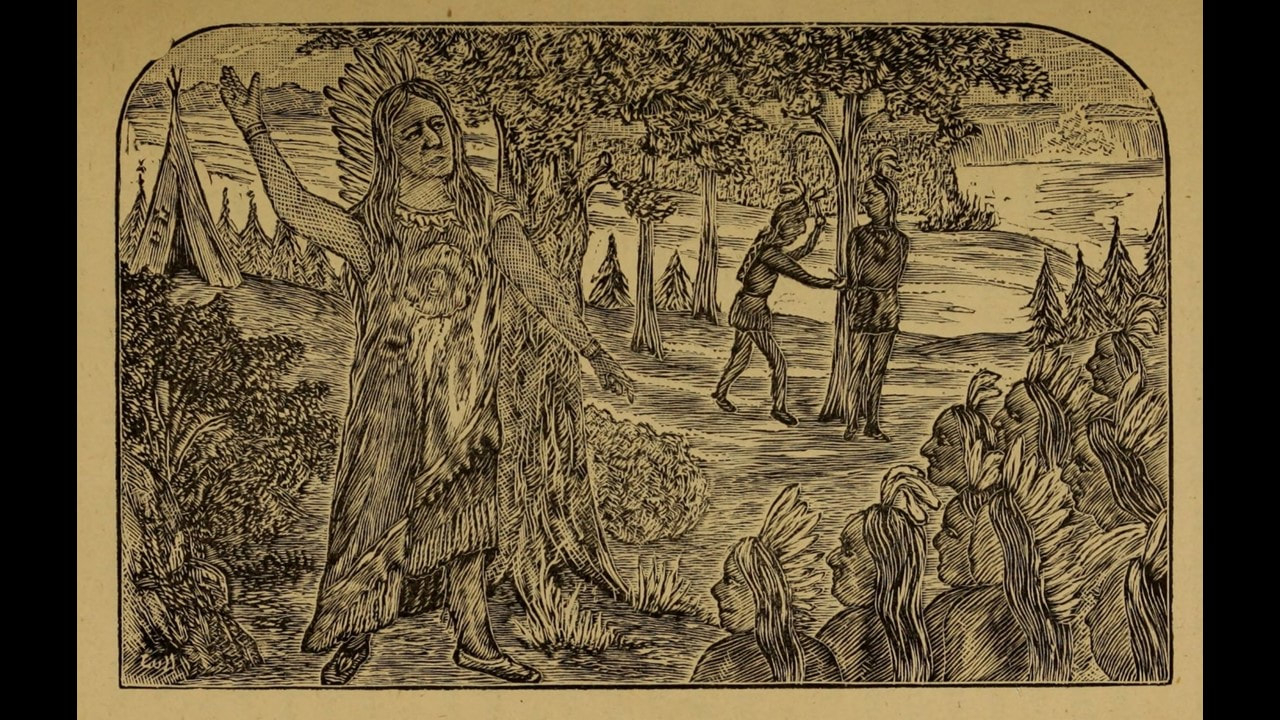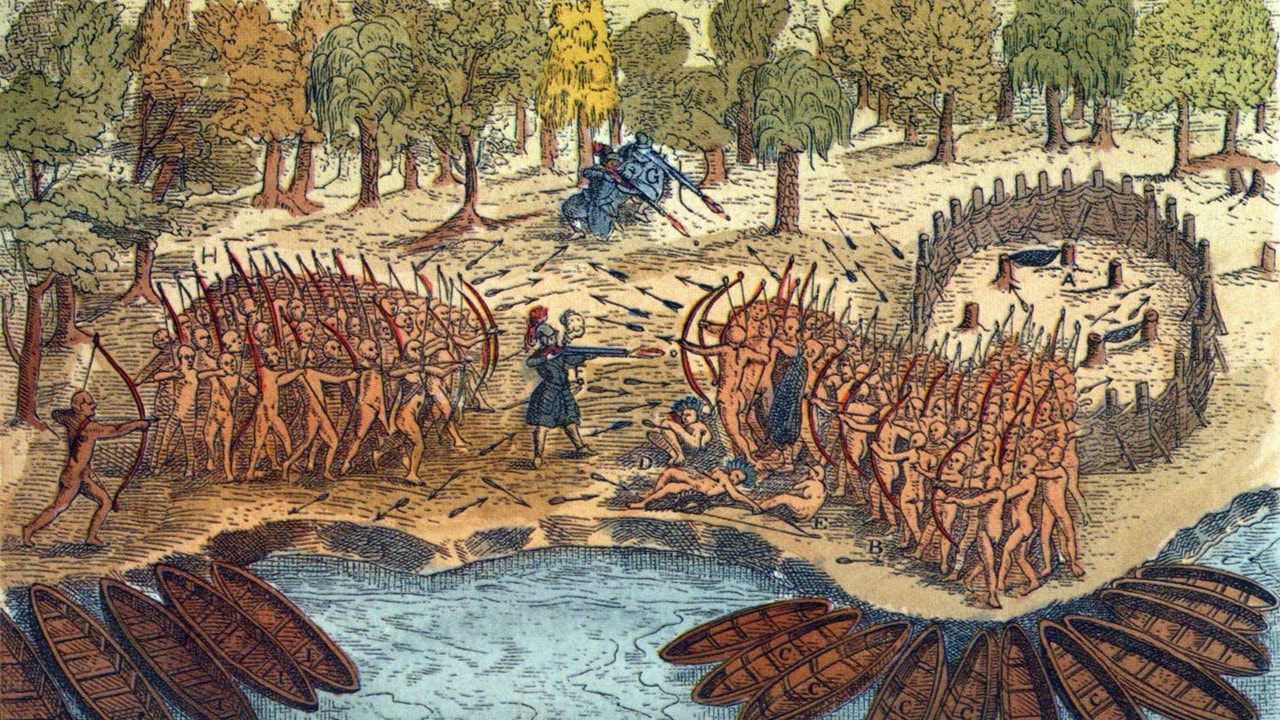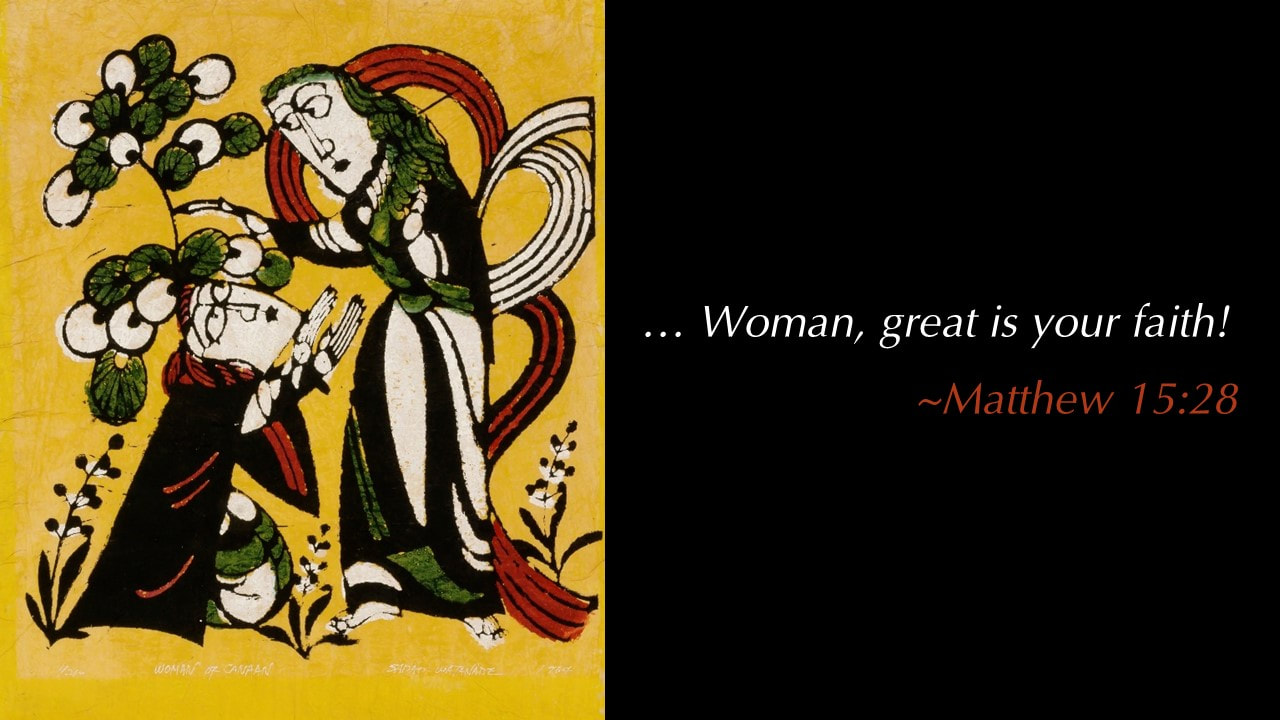Scott AndersonIsaiah 25:6-9 † Psalm 118 † 1 Corinthians 15:1-11 † Mark 16:1-8
A video version of this sermon can be found here. When I was young, we’d often go to the Saturday night races at the Tri-Cities raceway. We’d have a big group from the church that would gather in the stands of the unique 3-corner half-mile, high-bank track that would come roaring to life those summer evenings. Every now and then the late-model NASCAR circuit would come to town, with their powerful cars and big sponsors. You could tell the difference between them and the local racers that raced most Saturdays because they had those wide, sticky racing tires all around the car. The local racers, on the other hand, only had one of the big tires—on the front, right wheel, the outside wheel as the cars were always turning left around the track. You could tell the difference because of the tire, and the chaos that was much more common with these local racers. Now, this was especially true when, on some nights, the raceway held a special heat, just for the mechanics. This was the only time the mechanics would replace the regular drivers behind the wheel, and that was probably for the best. The mechanic heats were, well, chaos. Pandemonium. They were all over the track, and off the track. The bumps and scrapes and spin outs that often occurred with the aggressive driving on those nights was multiplied exponentially when the mechanics got behind the wheel. You might have thought it would have been just the opposite—that these mechanics who spent all their time fixing these vehicles would be the most careful, but, let me assure you, this was not the case! Not in the least. Did I use the word pandemonium already? How about chaos? Bedlam? Well, I’ve developed a theory about this that I think plays out in other areas of life as well. Let’s see what you think. I suspect that these mechanics were just, plain and simple, terrible drivers. I mean terrible—at least compared to the racers who rightly belonged behind the wheel. But that’s not the part of the theory I wanted to run by you. This is the part:
0 Comments
Scott AndersonIsaiah 5:1-7 † Psalm 80:7-15 † Philippians 3:4b-14 † Matthew 21:33-46
Long before our country was founded, this land belonged to the many indigenous tribes who had lived here for thousands of years. The tribes had their own customs and laws. They were deeply connected to the land and maintained rich wisdom traditions that were lost on the Europeans who came to conquer and colonize to sow a trail of tears through the continent. It is also true, of course, that even before European colonization, they fought one another. They were not unfamiliar with the cycles of violence we often find ourselves trapped in. One of the reasons for the constant conflict was a practice known as “mourning wars.” Tribal people had come to believe that the only way they could ease their pain when someone they loved was killed was to return like for like, to take revenge—to kill people from the offending tribe. Scott AndersonEzekiel 33:7-11 † Psalm 119:33-40 † Romans 13:8-14 † Matthew 18:15-20 You can find a video copy of this sermon in the context of worship here. Daniel Kirk, has given his expertise to studying early Christianity, particularly as it is represented by the apostle Paul. Kirk attends two churches on Sundays: a traditional Reformed Church in America and a house church—well, he did before the pandemic. Kirk has shifted his definition of church from what we do to who we are together. “Church is the people I’m trying to follow Jesus with and the people who are following Jesus with me. It’s the intentional community of people who walk in self-giving love for each other while trusting themselves to the care of God.”[i] I am especially struck and convicted by that last phrase--trusting themselves to the care of God. Richard Rohr gets at this when he suggests Jesus praised faith even more than love. Now, both are pretty important, it seems. Especially in these polarized times. I remember visiting Cuba some years ago. We traveled on a religious visa with the Presbyterian church and spent much of our time with the First Presbyterian Church Havana community.
Maggie BreenActs 9:36-43 † Psalm 23 † Revelation 7:9-17 † John 10:22-30
I might just have been in a bad mood, but there were a couple of things about this Acts text that, on first read, kind of bothered me. Tabitha, a devoted woman, loved for making clothes for the poor, gets ill and dies. They find Peter, he prays and she comes back to them. It just seemed well, too neat; too easy. Too easy for this woman to be called back into her assigned role – at home helping. Too easy for the rest of the community to avoid their responsibility for some of the work. Too easy to look for a supernatural answer to their problems. Too easy to get a result, a restoration, when so many others, so many of us, have to struggle through loss, and have no option but to get used to new heartbreakingly difficult realities. Scott AndersonOn average, Death Valley gets two inches of rain a year. Two inches. There are two major mountain ranges—the Panamint Range, pictured here, and the Sierra Nevadas beyond them to the West that trap weather systems that would otherwise drop precipitation from the Pacific, making it one of the driest places on earth. Yet it is fair to say that Death Valley, one of the driest places on earth, has been shaped by water. Well, water and tectonics.
Jan DittmarIsaiah 55:1-9; Psalm 63:1-8; 1 Corinthians 10:1-13; Luke 13:1-9
Not about sin, about forgiveness If you scan the worship aid and hymns this week, you might note, as I did, that they include more language than usual about sin. Yipee! Aren’t you glad you came to worship this week? This is Lent, the preparation period before Easter, an opportunity for look inward. But the focus this week isn’t about sin, it is about forgiveness. We sometimes carry guilt around inside ourselves. Maggie talked last week about negative self talk, beating ourselves up when we talk to ourselves. But even if you aren’t a running-commentary kind of person and don’t talk to yourself, you might inwardly feel guilt. Sometimes we carry a burden of thinking we are responsible, or have done wrong and need forgiveness. We feel a darkness and separation, we create our own personal hell. Confession in the Church is intended to release us from these burdens and free us to feel forgiven and be our best selves. Scott AndersonDaniel 7:9-10, 13-14 † Psalm 93 † Revelation 1:4b-8 † John 18:33-37
Last week, we met Jesus in Mark, looking with his disciples at the great temple of Solomon. “Do you see these stones?” he asked. Not one will be left on another. He was warning them not to trust in what seems to be powerful, but instead to see and to heed the signs that speak to what is true, what is really going on, to a clear-eyed assessment that refuses to turn away from what we would rather not notice, whether hidden behind great walls or institutional privilege or fake news. As a way of trying to illustrate this, with some fear and trembling, I showed you some pictures from the news that might serve as signs of this very thing, of a reality that should and has snapped us to attention as a society, that should impress on us the significance of the challenges we are facing so that we can more clearly look for the hope that is ours when, like a thing with feathers, it alights in our midst. There was a strong and mixed response to these images last Sunday and early in the week. To all of you who engaged in one way or another, I am grateful. To those of you who were troubled, let me first of all offer my apology to you. This thing we do from Sunday to Sunday is a strange and wild beast, and the power and authority that you give to those of us who speak to what is essentially a captive audience—especially one of all ages and experiences—is a fearsome thing. Scott AndersonNumbers 11:4-6, 10-16 † Psalm 19:7-14 † James 5:13-20 † Mark 9:38-50
In his book of essays called My Story as Told by Water[i], northwest writer David James Duncan writes of the chasm between his father and himself. His dad was a World War II vet whose perspective had been forever fixed by the searing experience of liberating a Nazi concentration camp. Duncan was a product of the protest culture of the 1960s Vietnam era. His experience was not unlike many in that age. He describes it this way: In 1966, when I was fourteen, I began to question the war at our family supper table. The instant I’d speak up, my father would snap that the only reason I could criticize the war at all was that our troops in Vietnam were protecting my freedom to do so. I would argue back by saying that my freedom did not strike me as being dependent upon the clique of Saigon businessmen whom Americans were actually protecting, or on the deaths of the civilians our troops kept “accidentally” killing. Dad would then go off like a bomb, bellowing that I would never talk such rot if I’d seen a concentration camp. Duncan describes the escalating series of arguments and tensions that grew night after night at the dinner table as both father and son found themselves dug-in deeper and deeper like fox-holes in perspectives that were shaped as much by their stations in life—Duncan as a student watching young men his brothers’ ages going off to a senseless and unwinnable war, never to come back, his father as a veteran of a more comprehensible war with an identifiable enemy, a clearer finish, and now a defense-industry salary that supported his family, including his son of fourteen years. “I know now,” Duncan writes, “that no argument I could have constructed would have changed my father’s mind, any more than his ‘Nazi’ mantra could change mine. We needed wisdom.” Scott AndersonGenesis 3:8-15 † Psalm 130 † 2 Corinthians 4:13-5:1 † Mark 2:20-35
I wanted to redeem Jesus’ family. I wanted things to be better in the end. I wanted Jesus’ dilemma to end like the version of Heinz’s dilemma in which they end up on the beach, with her made well from the medicine she needed, and maybe with a fairer health system in place that values people over profit. I wanted the garden before the serpent shows up and everyone starts blaming everyone else for their choices. So I went to the end of Mark where we find two Marys. But, as much as I’d like to tell you Jesus’ mother shows up at the foot of the cross to be entrusted to John or at the empty tomb to wonder where they’ve laid him, I cannot. In Mark there is no happily-ever-after with his family. One writer puts it graciously, suggesting Mark, unlike the other gospels, did not seem to know of any positive traditions about the family of Jesus.[i] This is the earliest gospel. It is written closest in time to the conflict and heartbreak we suspect these followers of the reformer/disrupter Jesus experienced as he created something new from a religious tradition that had become misshapen and corrupt. We know enough about broken families and broken relationships these days and in this political climate to have learned that sometimes the best move is to separate ourselves from what has become abusive or corrosive—even among our closest families. Sometimes we must separate for our well-being and even our survival, even as we try to hold onto our memory that we belong together, that we are one family. Scott AndersonJudges 4:1-7 † Psalm 123 † 1 Thessalonians 5:1-11 † Matthew 25:14-30
Did you hear about Danica Roem? She will soon be seated as a Delegate in the Virginia House after soundly defeating 13-term incumbent Bob Marshall. Now, that may not strike you as especially noteworthy. Incumbents lose all the time. What does a state race all the way across the country have to do with us or with these texts? Well you may remember Bob Marshall for something that made national news not that long ago; he sponsored a statewide bill restricting access to public bathrooms for transgender people. He has been one of those loud voices calling for restrictions of LGBTQ rights and his politics have concentrated on so-called social issues, which is another way of saying Marshall has consistently sought to restrict and discredit people whose lives do not conform to the ways of so-called traditional values. In fact, Bob Marshall has proudly referred to himself as Virginia’s “chief homophobe.”[i] Roem, Marshall’s opponent is something of a policy wonk. A journalist living in the weeds of local policy matters before running for political office. During the race, congestion on Route 28 was her most consistent talking point, along with extending commuter rail to the Innovation Park business incubator in Manassas to lure more high-paying jobs, and eliminating local taxes on business and professional licenses. But that’s not what caught the attention of the outside world or of Bob Marshall. It was that Roem was transgender after recently completing the transition from male to the female identity she had always understood to be her true self. |
St. Andrew SermonsCategories
All
|






 RSS Feed
RSS Feed